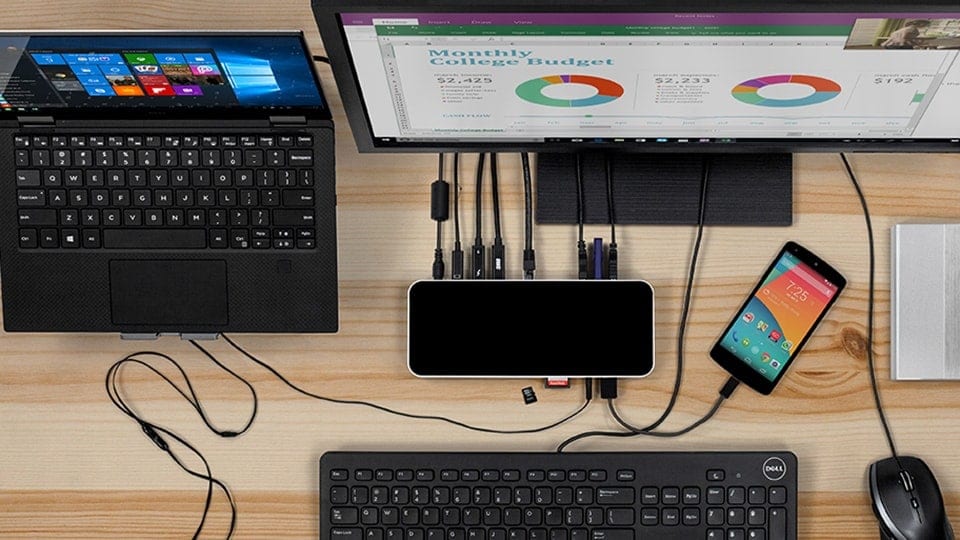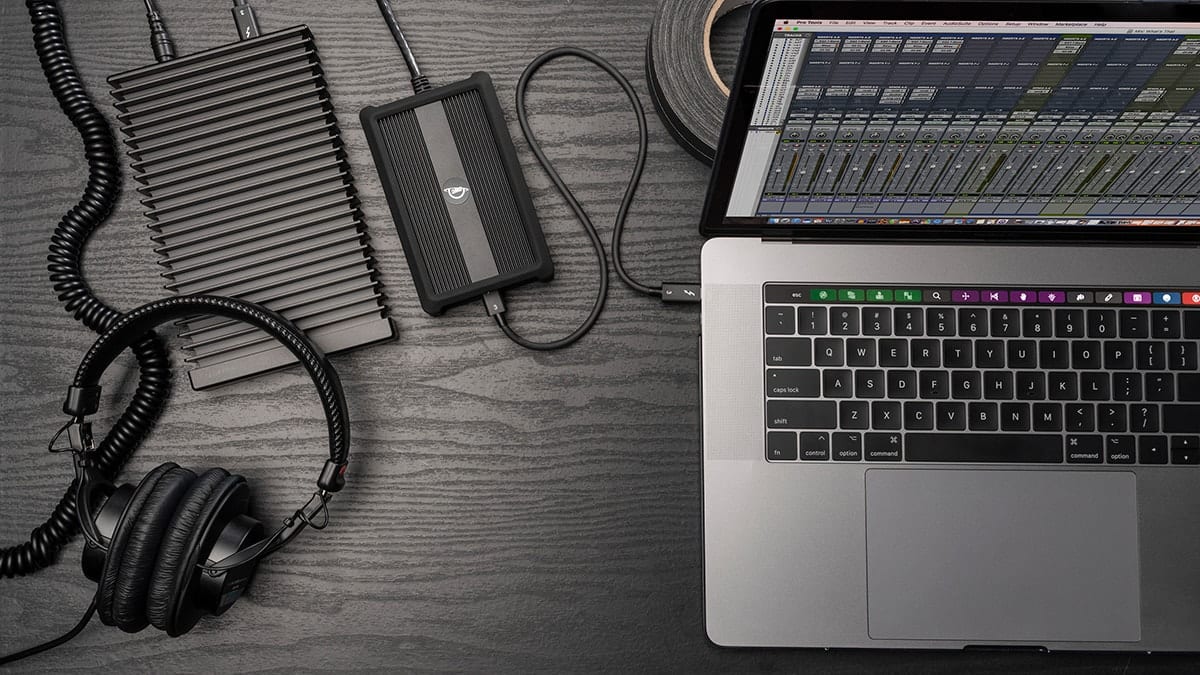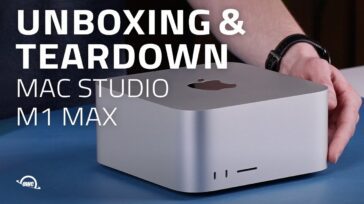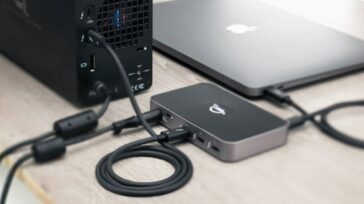 Welcome External Storage Fans to the lovely Other World Computing Blog in beautiful Woodstock, Illinois. For today’s title fight, we have a three-round, knock down, blow-out cage match. In the far corner weighing in at 3.85lbs. we have the G-RAID2 Triple Interface Dual-Drive RAID Solution hailing from G-Technology, a recently acquired division of Hitachi. In the home corner, hailing from Other World Computing and weighing in at approximately 3.0 lbs. the Mercury Elite-AL Pro Performance 7200RPM External RAID Triple Interface Solution is ready for action.
Welcome External Storage Fans to the lovely Other World Computing Blog in beautiful Woodstock, Illinois. For today’s title fight, we have a three-round, knock down, blow-out cage match. In the far corner weighing in at 3.85lbs. we have the G-RAID2 Triple Interface Dual-Drive RAID Solution hailing from G-Technology, a recently acquired division of Hitachi. In the home corner, hailing from Other World Computing and weighing in at approximately 3.0 lbs. the Mercury Elite-AL Pro Performance 7200RPM External RAID Triple Interface Solution is ready for action.
These two heavyweights of the Data Storage world match up toe to toe in so many categories. Both have the sleek, stylish, brushed aluminum look to compliment your Mac Pro or G5 tower. Both units offer an amazing array of connection options including USB 2.0, FireWire 400, and FireWire 800. Both are built around two high-quality, brand name hard drive mechanisms. Both are configured as RAID-0 (Striped) for high performance data transfers – yet offer Plug and Play setup simplicity. Both are backed by a hefty 3 Year Manufacturer’s Warranty. So, let’s get this matchup underway…
Round One:
These two contenders are fast, but just how fast is fast? For matching up speed, FW800 has the fastest theoretical transfer rate available. As each contender reaches into its box of accessories, both find a 36″ FW800 9-pin to 9-pin cable to begin streaming their data through industry best Oxford 934 chipsets (tests shown were completed independently by their respective manufacturers):
POW!
OOMPH!
Whoosh!
Ding! Ding! Ding! Ding!
For my money, that was close! Real world transfer speeds approaching the 80MB/s theoretical limit is pretty amazing! While the OWC contender has a slight edge in write speeds and the G-Tech competitor edged out in read speeds – I’m going to have to call this one a tie. (Testing protocol and which test running can make a difference to overall results)
Round 2
Reaching for the next cable down in speed, the Mercury Elite-AL Pro pulls out the 36″ FW400 6-pin to 6-pin cable included in its packaging. The G-RAID2 comes up empty, the only cable listed on their packaging is the FW800 cable. The OWC contender has the USB 2.0 cable included as well. As the G-RAID2 bobs and weaves to avoid the jabs there is one last small feature the Mercury Elite-AL Pro comes forth with. The Mercury Elite-AL is constructed with drive mount shock protectors adding extra protection between the drive mechanism and the enclosure itself. The G-RAID2 does not.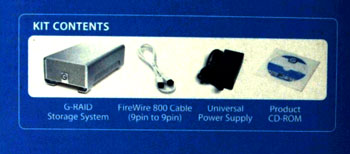
Ding! Ding!
Ding! Ding!
Wow, the match is getting a bit exciting now! The Mercury Elite-AL Pro is staring to land some solid blows and the competitor is wobbling.
Round 3
These two Titans are at it for the third and final round. The options and price round.
G-RAID2 thows out a 1.0TB unit, the Mercury Elite-AL Pro counters with the same.
G-RAID2 thows out a 1.5TB unit, the Mercury Elite-AL Pro counters with the same.
G-RAID2 throws out a 2.0TB unit, the Mercury Elite-AL Pro counters with the same.
However, the Mercury Elite-AL Pro fires off a volley of two more 2.0TB units (one with Enterprise Class drive mechanisms, the other with a 64MB cache option).
With the competitor up against the ropes, the Mercury Elite-AL Pro pulls out a 640GB option, a 3.0TB option, and a double the competitor’s biggest capacity…a 4.0TB option.
In the option category, the Mercury Elite is giving some pretty hard pummeling right now…and a look to the pricing…..
A 1.0TB unit from G-RAID2 $249.99 and the Mercury Elite-AL Price…… $199.99 – a $50 savings!
A 1.5TB unit from G-RAID2 $339.99 and the Mercury Elite-AL Price…… $257.99 – a $82 savings!
A 2.0TB unit from G-RAID2 $429.99 and the Mercury Elite-AL Price…… $259.99 – a $170 savings!
In fact, for under $429 of the G-RAID2, you could get the Mercury Elite-AL 3.0TB unit and still have money left over for the pay-per-view charges of the fight!
There are some subtle differences…however, there’s nothing subtle about saving money in today’s world. In this epic matchup, the Mercury Elite-AL Pro Performance 7200RPM External RAID Triple Interface Solution wins by a decisive knockout!


